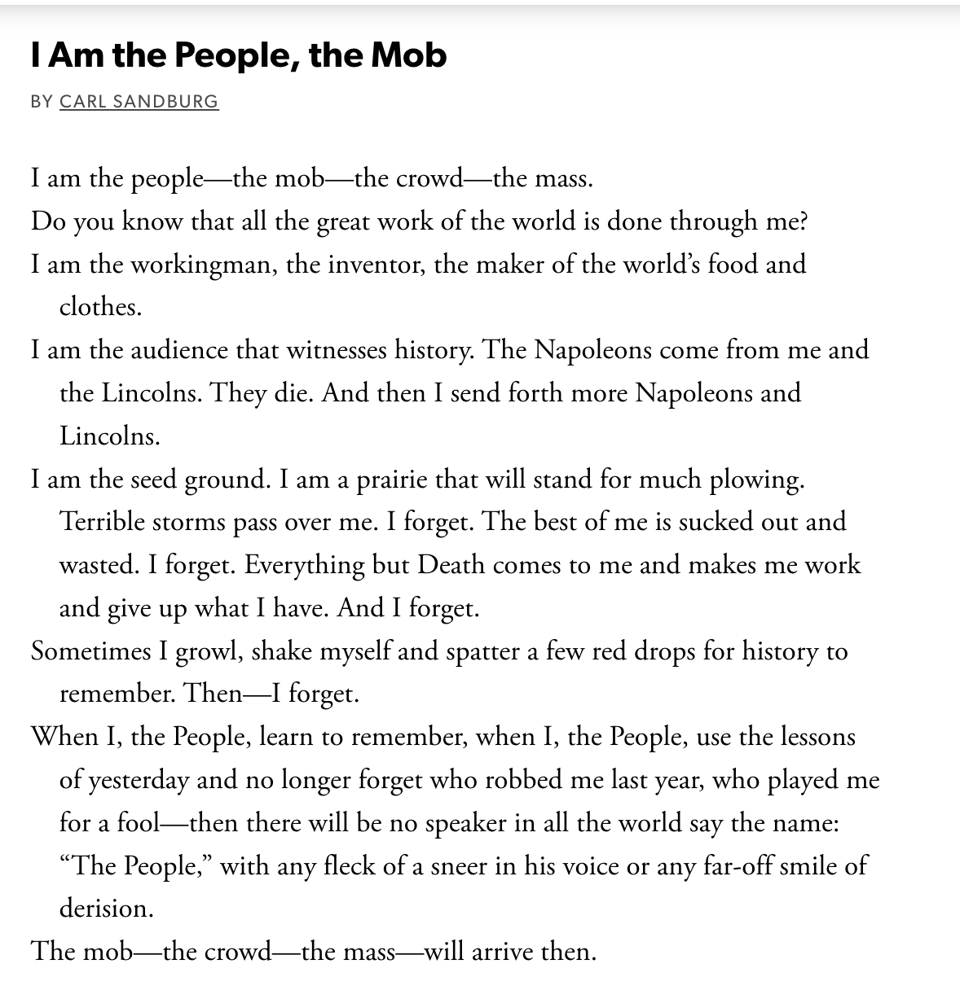process notes | #10: into spring
Hello creative friends,
It’s so nice to write to you again.
This week I saw my first red-winged blackbird of 2025—red-winged blackbirds like marshy areas, the borders between water and land. In April and May the birding trails almost vibrate from the sounds of their calls. That first flash of their red epaulets tells me spring is close.
I’m turning 30 this month. A few people have asked me, gingerly, in the manner of bringing up a sensitive subject, how I feel about it. But the answer is “pretty good.” Excited, even. I spent my twenties despairing that my life didn’t match various depictions of young adulthood and “the millennial experience.” In my thirties I’m looking forward to leaving those fears behind. I’m looking forward to creating a life that matches what I value, instead—and while I don’t know what exactly that looks like, I think I’m much more prepared to discover the answer than I was in my twenties. I’m ready to be brave and see where it takes me.
Sharing & reading
Novel outlining: Late last year I conceded the “discovery” method of plotting a novel (aka, writing without much of an outline) was sending me in circles. I asked myself why I write books at all. In December I committed to re-conceptualizing the whole project. To shake myself out of my rut, I moved around big plot points, overhauled characters, and started writing from a completely fresh draft. Now I’m nearly finished outlining the entire story, all 28 chapters, not a single “this chapter TBD” in sight.
One new poem: In January I finished a poem called “How to Leave the Life of the Mind.” Academics who leave the academy, as I did after finishing a PhD, often write essays about why; but for years my efforts to write about academia came up short. I needed time and distance before I could even attempt to contemplate what happens when many scholars—not just me—conclude they cannot continue their work, and entire disciplines of intellectual inquiry wither on the vine.
Reading: Some personal circumstances this year have made it difficult for me to sit down with a book; I get restless and tired whenever I try. The last couple weeks I’ve savored the short stories of the British writer Tessa Hadley. Her stories of British domestic life are exquisite jewels: I’m currently reading After the Funeral, but Bad Dreams is still my favorite collection, and the one I’d recommend.
Poetry corner
When I was in high school, I memorized Carl Sandburg’s poem “I Am the People, the Mob” for a poetry recitation competition. As I try, not always successfully, to make sense of the news, the lines of this poem have returned to me.

There are many ways to read this poem—it’s what I love about it—but today I read it as a Rosetta Stone for our moment. The billionaires in charge right now hope, arrogantly, that they can turn the will of the people to ends they control. But it’s only a hope. Their strategy only works if we, the people, forget our own power, and I think secretly they are afraid we won’t; hence their mad rush to dismantle everything we the people have created. They are afraid of what we, the people, might truly say if we could remember—or indeed know—“who robbed [us] last year.” They are afraid of the ends to which we, the people, might put our government, if we knew “the lessons of yesterday.” Deep down they are afraid of us, and that gives me a glimmer of hope. It encourages me to keep paying attention.
Listen to me read this poem aloud, just like in high school (give or take fifteen years)
.
.
.
Wishing you well in these uncertain times,
Catherine